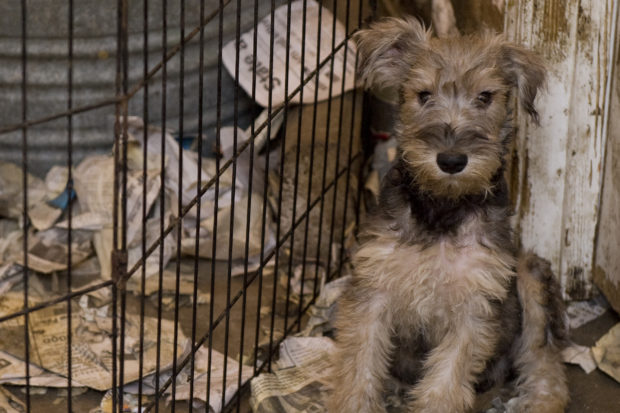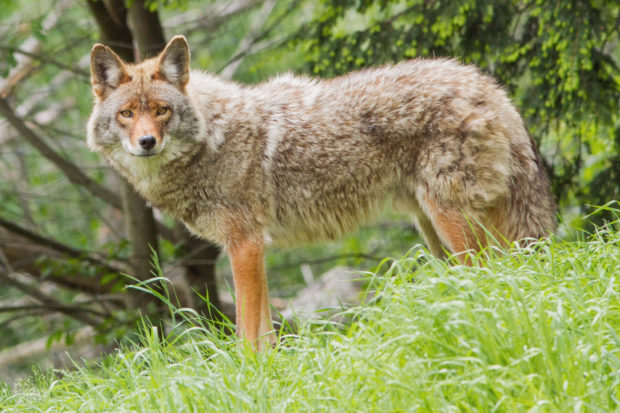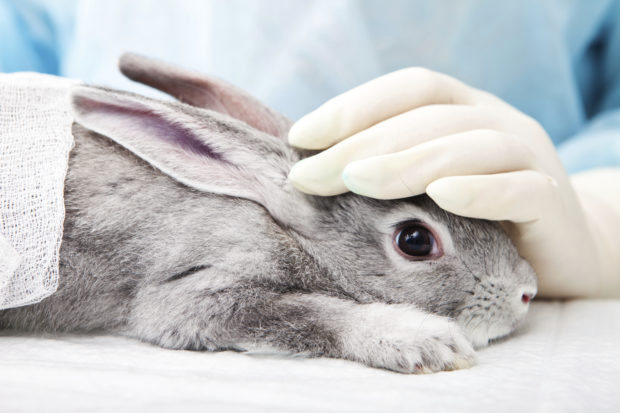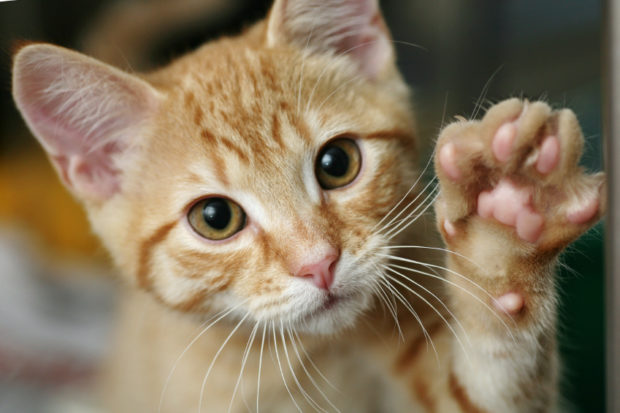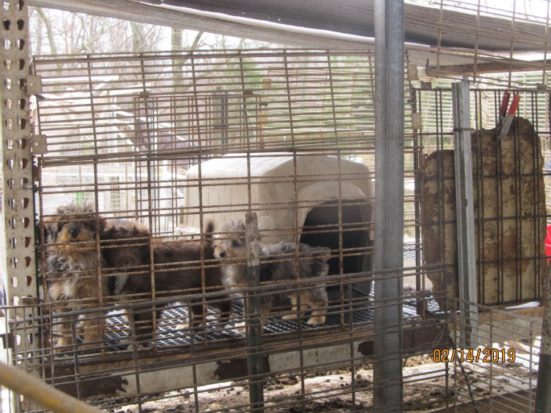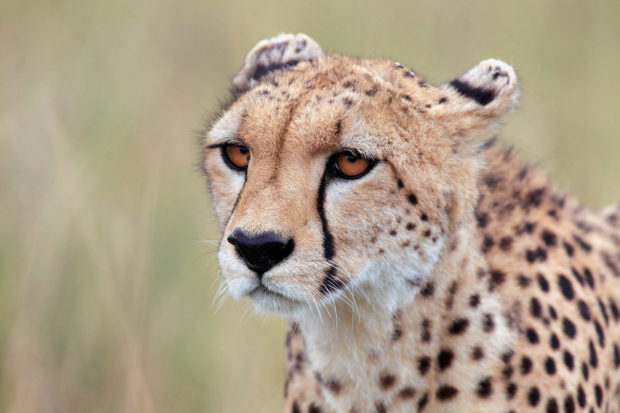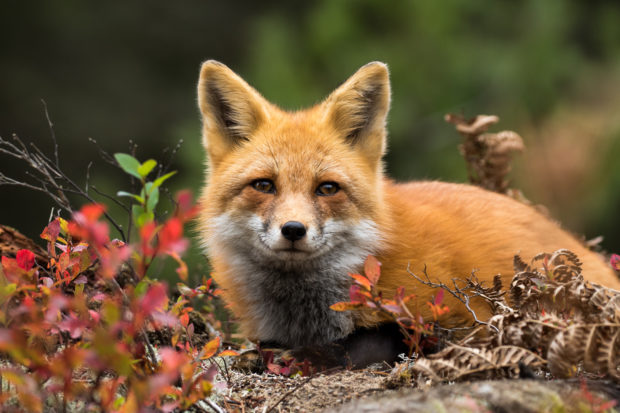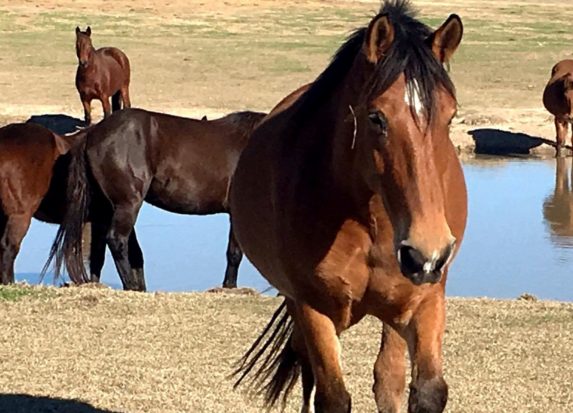EPA gives factory farms a free pass on toxic air emissions
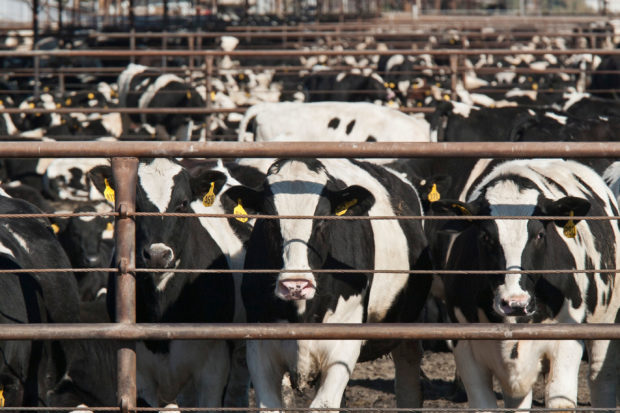
Factory farms confine many hundreds or thousands of animals such as dairy cows or pigs, or millions of smaller animals such as chickens, on each of their properties, causing not only an incredible amount of suffering, but also a staggering amount of urine and feces. Photo by Jim West/Alamy Stock Photo
By Kitty Block and Sara Amundson In an unlawful move, the U.S. Environmental Protection Agency has decided to exempt massive factory farms from reporting their toxic air emissions — released from animal waste created by these facilities — to state and local authorities. The rule, . . .
The post EPA gives factory farms a free pass on toxic air emissions appeared first on A Humane World.
Related Stories
- EPA gives factory farms a free pass on toxic air emissions
- EPA gives factory farms a free pass on toxic air emissions – Enclosure
- Horse deaths at Santa Anita underscore need for racing reform nationwide – Enclosure


